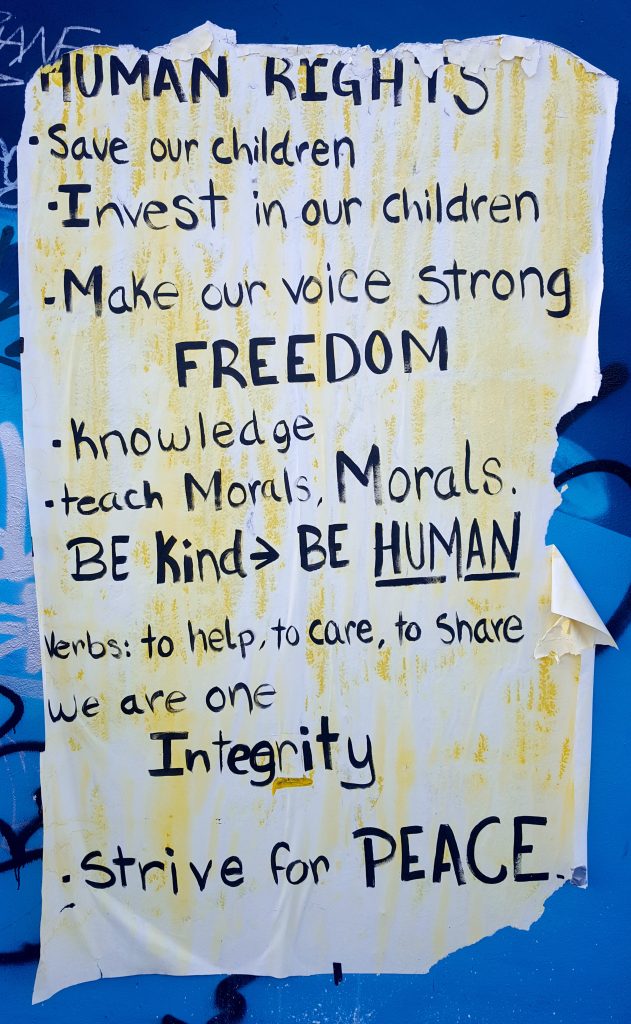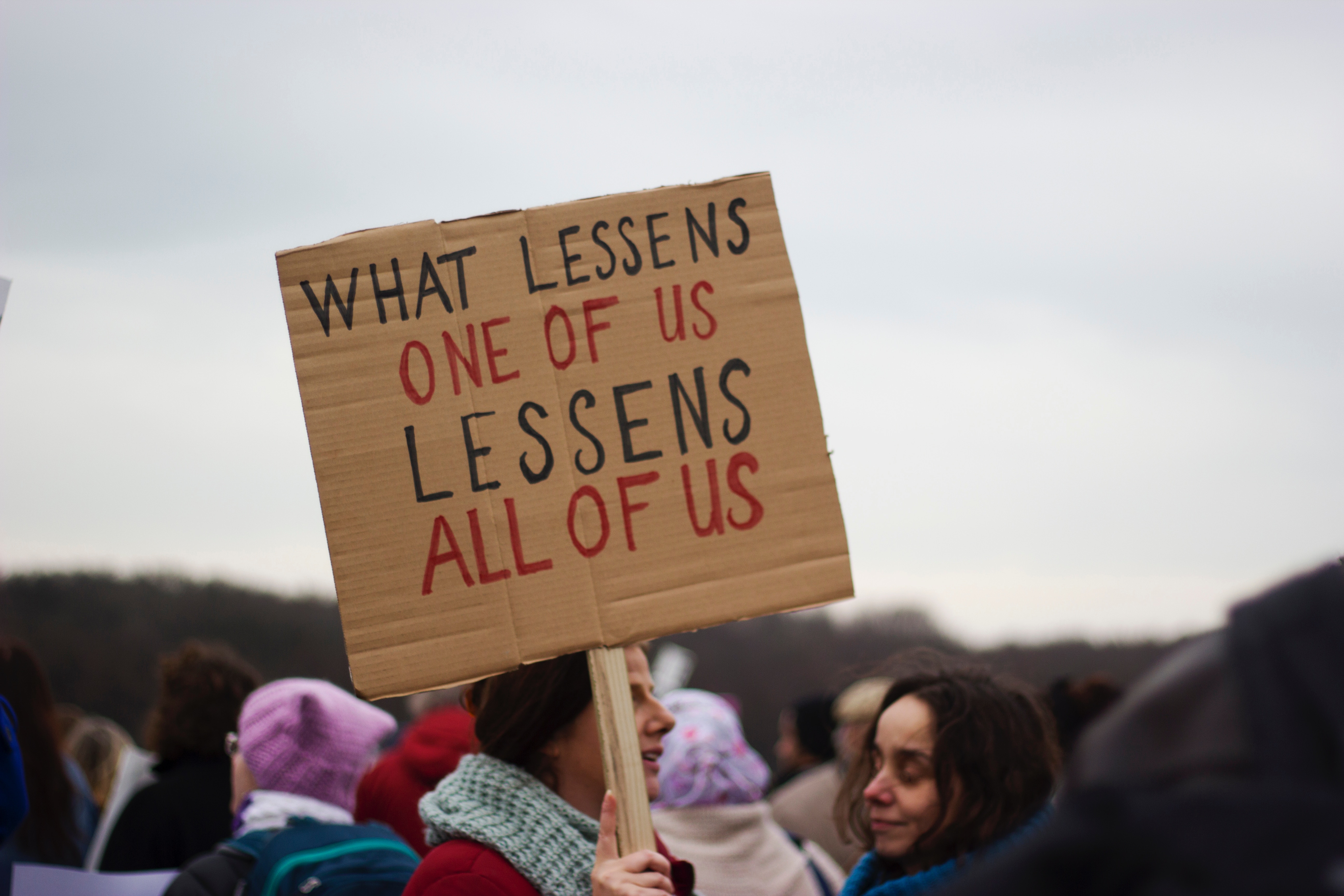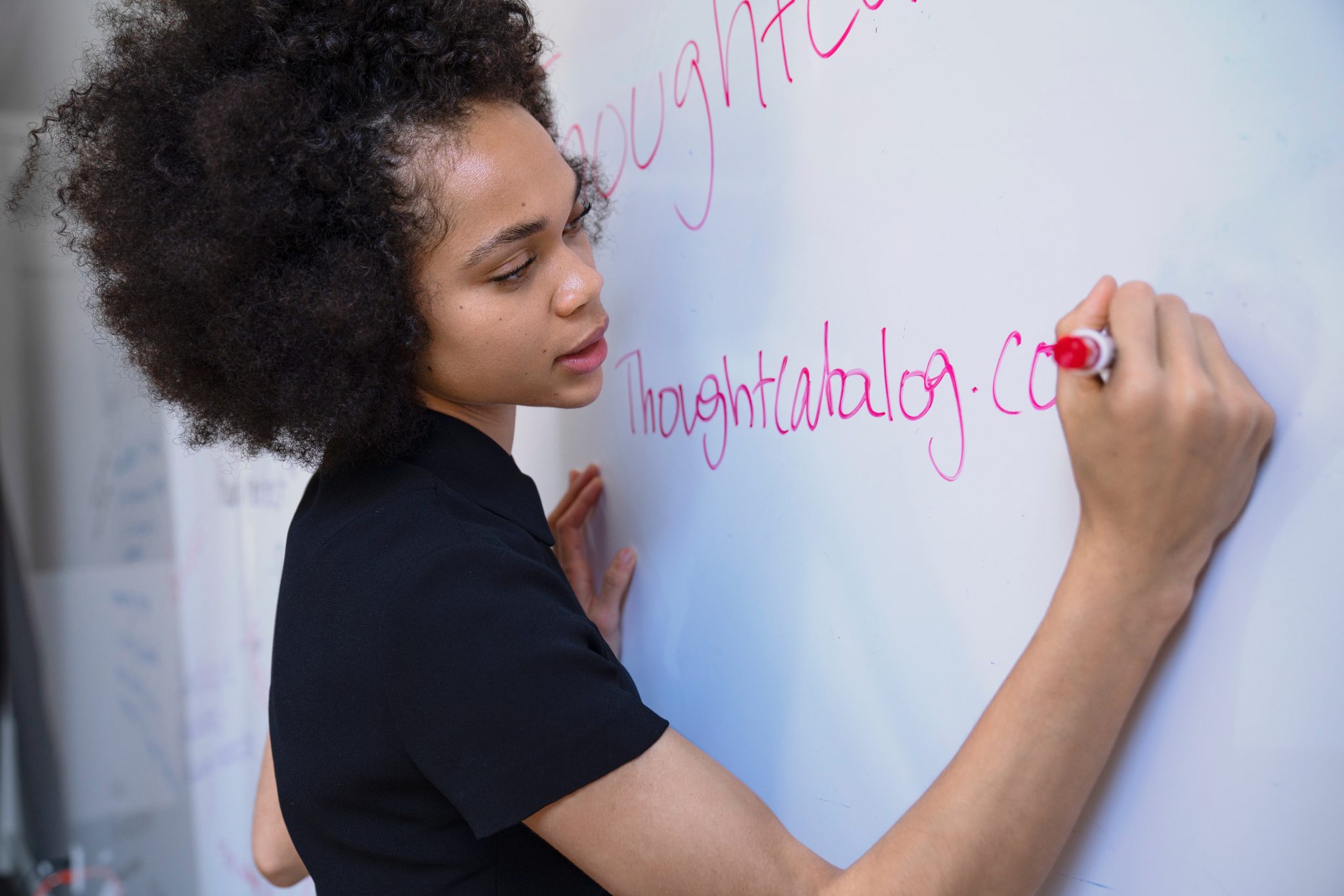We see it often these days: someone supports a subgroup of the population and others assume they are simultaneously implying they are against everyone not part of that group. But when I support one of my children in their activities, no one assumes I do it at the expense of the other ones.
Why the difference?
In short, expectation and our funny brains. What does that mean? First, we assume parents love all their children so we attribute positive intentions to them when we see them supporting a child. We are not quick to assume they do so just to point out the differences between their children. In society though, in a nation filled with diversity, where many of the subgroups are feeling like they are at a disadvantage, it’s not so clear.
Are we lifting up and energizing a group? Or are we dressing up negativity with feigned smiles?
In truth, it’s probably one sometimes and the other other times. In other words it’s both – likely depending on how the person is feeling that day. I tend toward the former because it’s just my personality to focus on the positive and I’m not an easily angered or offended person. But I can certainly respect and accept that others are angry. Still, why assume if they are rallying support that it necessarily implies negativity toward others?

The other issue keeping us from seeing rainbows is our brains. The brain has a natural tendency to fill in gaps. So when a sentence feels like it should be longer, we will actually fill in the ending from our perspective, even if the speaker never intended that implication. So when we say we lift up women, it doesn’t necessarily mean we want to put down men. I support all sorts of male candidates in politics; I am simultaneously incredibly proud of the women that have learned to juggle all that comes with having children and families and still running for office. Women in politics is still relatively very new and we need a little extra encouragement and ata-girls to build us up. Is that so bad?
I’m not an activist but I support people lifting up all the different groups in our society. I know this isn’t utopia; everything isn’t fair and certainly not equal so sometimes we need to lift up, support extra, or become better knowledgeable about minority needs. It’s not meant to harm the majority population, it’s simply meant to lift up those who need it.
But just like my children, at all times, I appreciate all Americans.
-jjoy







